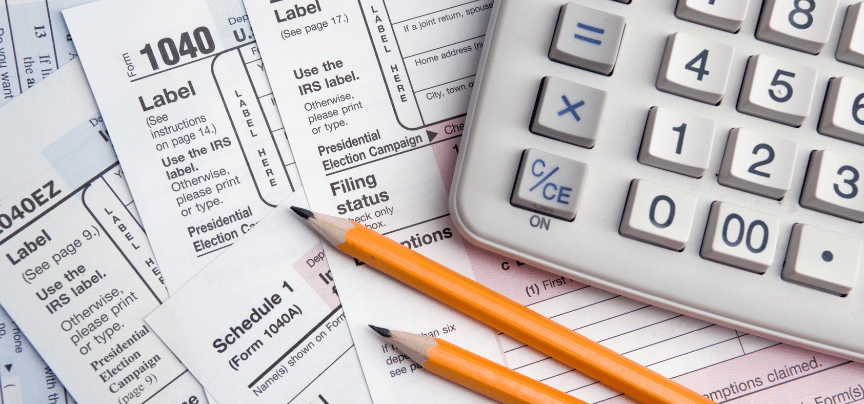
It begins as an innocent mistake. You forget to file your taxes one year, and then one year becomes two, and two becomes several. You keep telling yourself you will file your missing returns soon, but because you fell so far behind, the prospect of filing your returns becomes ever more daunting. You may think that because the IRS has not come inquiring about your past-due returns that you can get away with not filing for the missing years and file for just the most current year. Doing this would be unwise, as it could land you in jail in Missouri.
The IRS is unlikely to view your failure to file your tax return for one or even two years as a crime. Life happens, and even the IRS understands that a new baby, a death in the family, more responsibilities at work and the like can prevent a person from fulfilling his or her tax obligations. However, after so many years, the IRS will view failure to file your return as a deliberate act, which the revenue service refers to as tax evasion.
According to FindLaw, the IRS recognizes several crimes related to tax evasion. If the IRS feels you are guilty of tax evasion, it can file criminal charges against you. If convicted, you face up to five years in prison. In addition to a prison term, the U.S. courts will charge you up to $250,000 in fines. While the IRS can pursue charges against you beginning after that first year you fail to file taxes, it generally will not seek criminal sanctions until year 10 of your failure to file. If you do not file your tax return, the IRS has up to six years from the date the unfiled return was due to file charges against you.
Generally speaking, if you voluntarily file your missing returns, the charges will amount to nothing. However, you can avoid the stress associated with criminal charges by filing your return before the IRS makes a demand. The content of this article is meant to inform. It is not meant to serve as legal advice.
